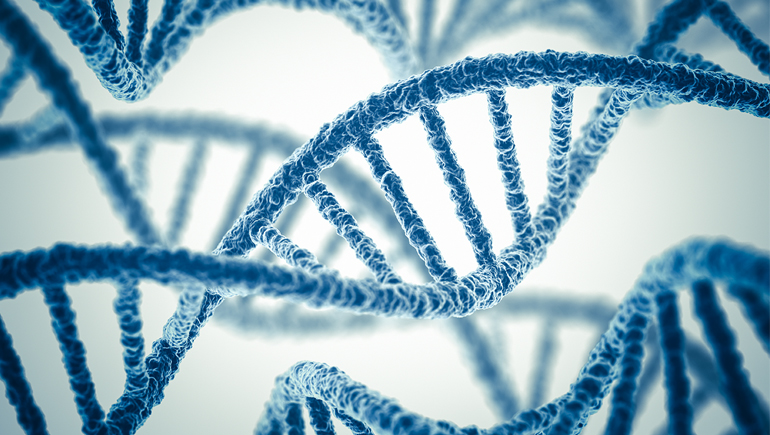As a science-driven organization, Bristol Myers Squibb is committed to relentlessly exploring new frontiers in the discovery, development and delivery of treatments to patients with serious diseases. Informed by a deeper understanding of cancer biology, scientists are leveraging diverse modalities and novel targets to push the boundaries and chart tailored treatment options that could potentially match each patient’s unique disease.
In pursuit of this goal, Bristol Myers Squibb’s diverse and broad early cancer pipeline includes more than 30 assets spanning multiple research platforms. The advantage of pursuing an extensive pipeline across different platforms is having the tools to advance therapies individually or in combination to tackle cancer or overcome treatment resistance.
This approach of identifying potentially complementary ways of combining treatment options is applied across the company’s broad pipeline. For instance, immuno-oncology (I-O) agents like checkpoint inhibitors activate or enhance T-cell responses and may work well in combination with cell therapies by addressing different components of the immune system that might be suppressed within the tumor. When taken together, these two complementary therapies have the potential to work together to address disease.
Especially for cancer, where disease biology can change over time and/or in response to treatment, having more options to address different mechanisms of disease gives the company more opportunities to match the right treatment to each patient’s distinctive cancer.
For example, Bristol Myers Squibb uses a holistic approach to target multiple myeloma through several platforms. Multiple myeloma remains an incurable disease and patients will eventually relapse on available treatments, so not all patients can be treated with the same modality. Each patient group also has unique needs and preferences when it comes to treatment, making it important to provide physicians with a range of solutions to consider – some patients might prefer a one-time infusion through CAR T cell therapy, others may need treatment in a community setting with a T cell engager, and patients who are treatment resistant may benefit from protein degraders like cereblon e3 ligase modulators, which are being studied in refractory settings. It’s also critical to understand how T cell engagers, CAR T cell therapies and cereblon e3 ligase modulators work differently from each other for certain patient types and explore how these modalities can be combined to result in the best outcome for patients.


